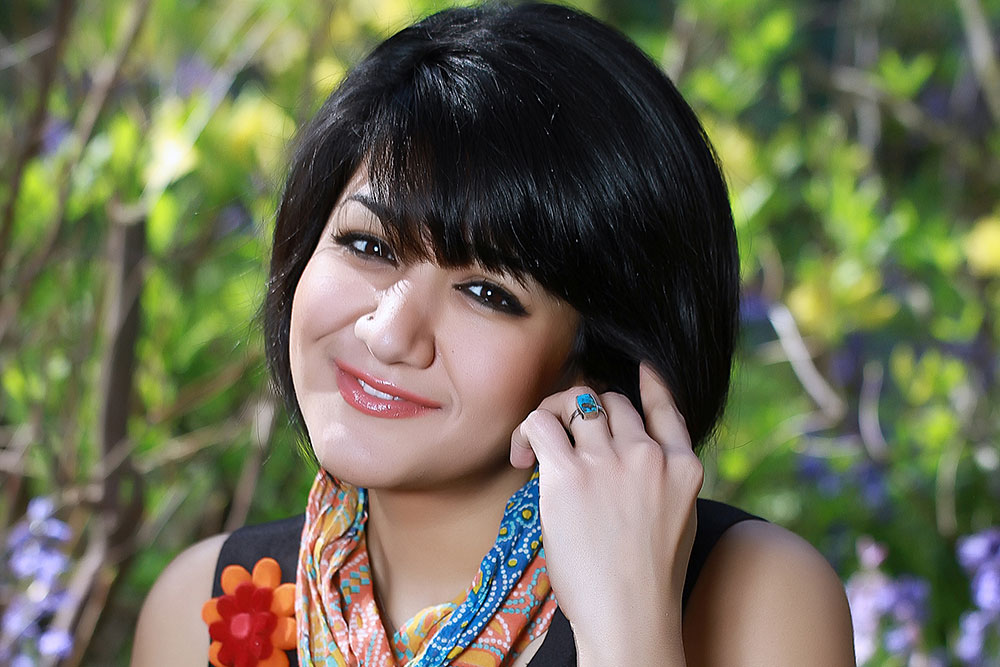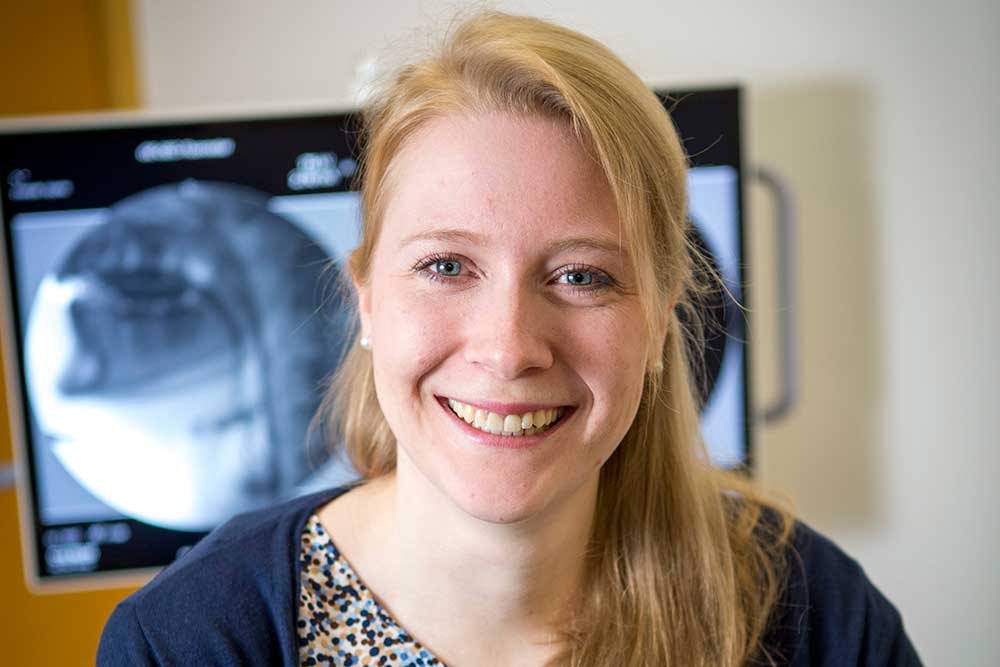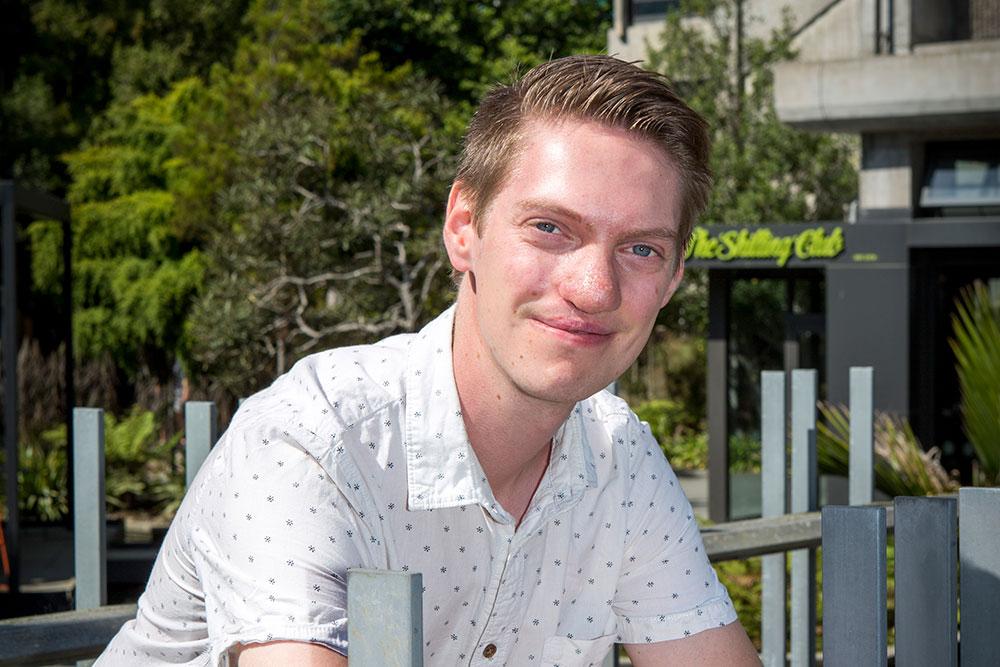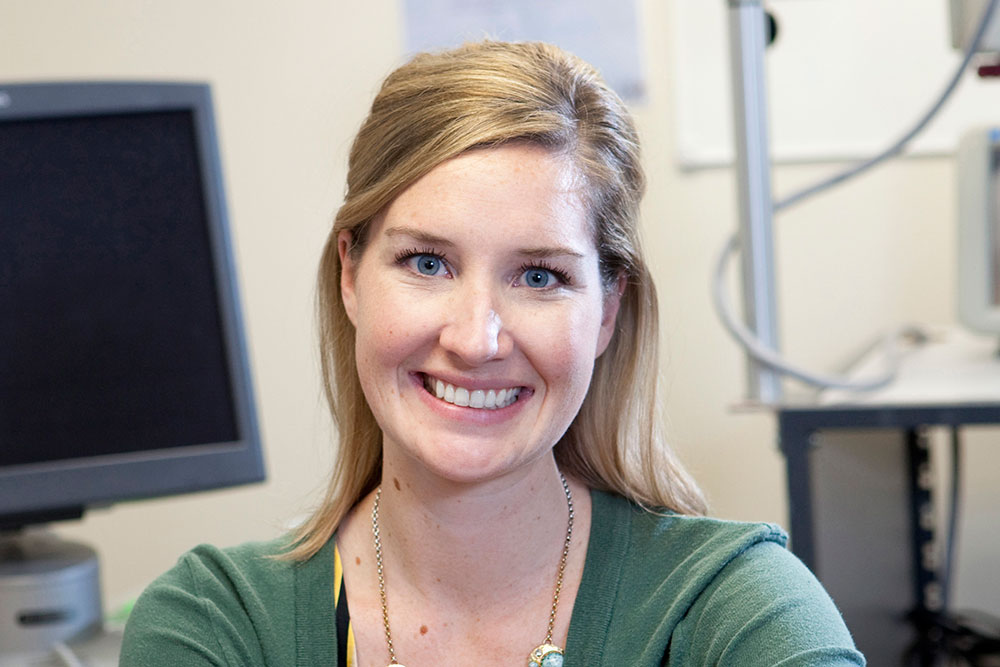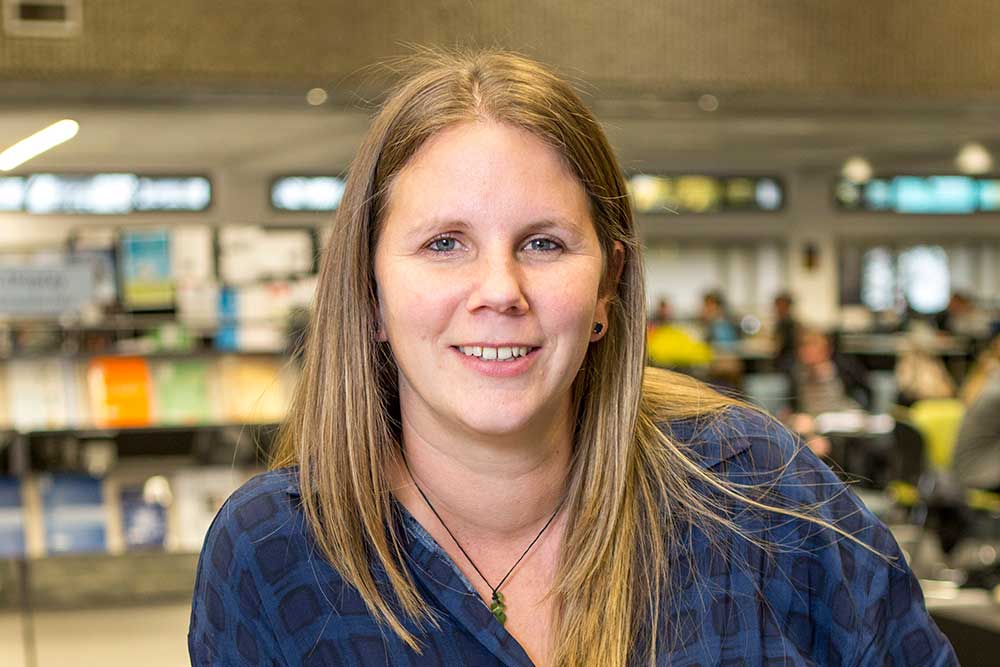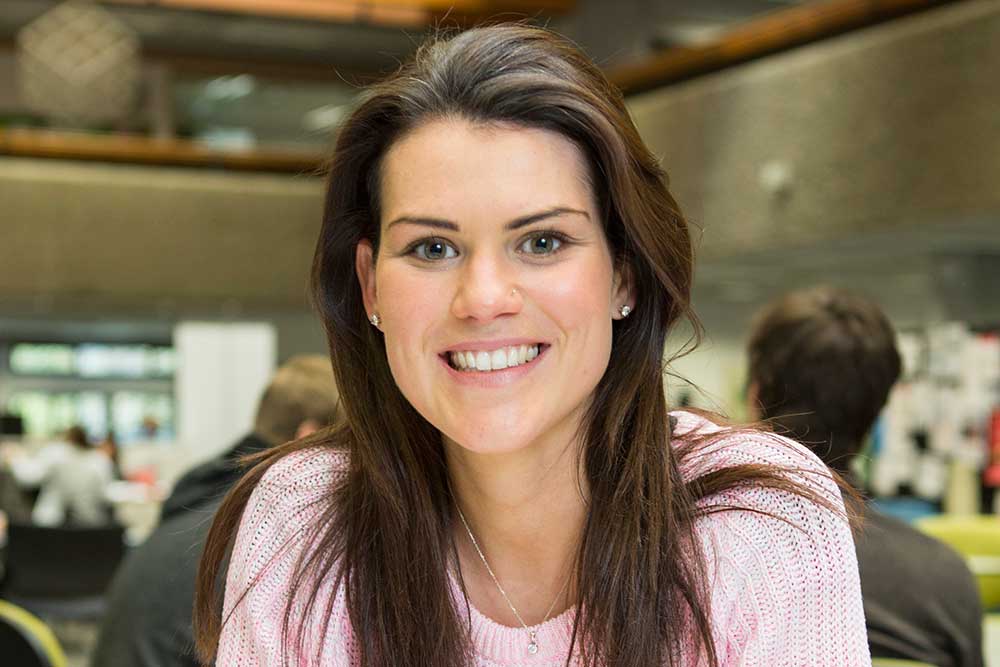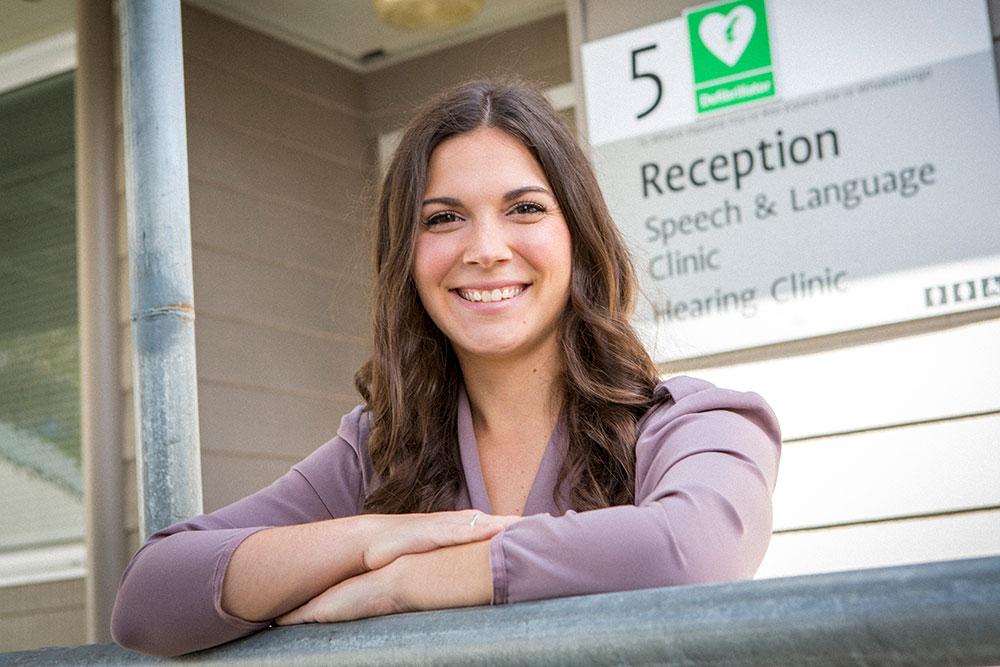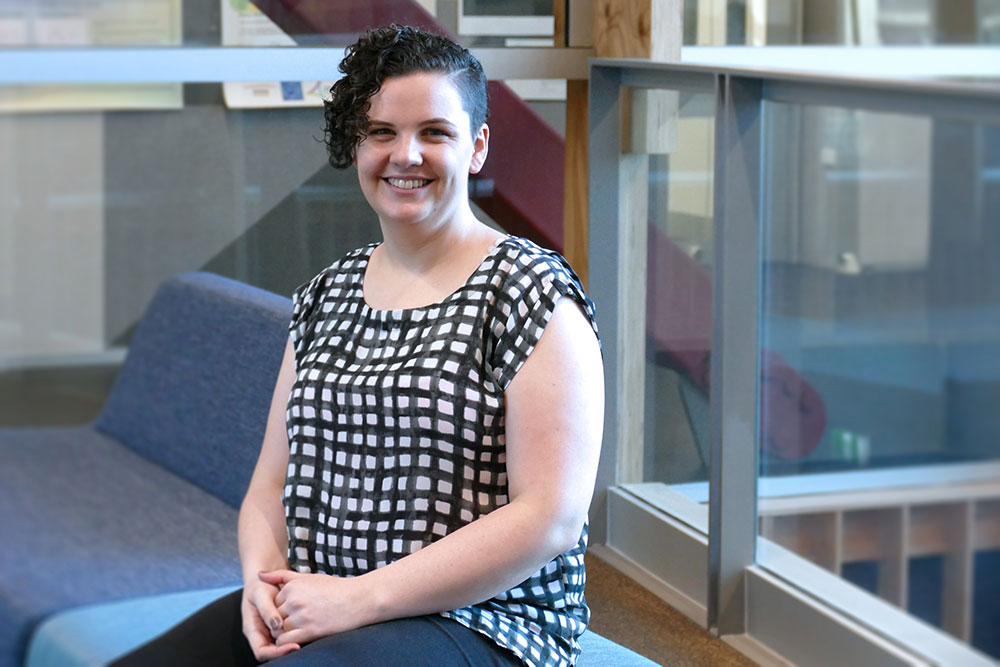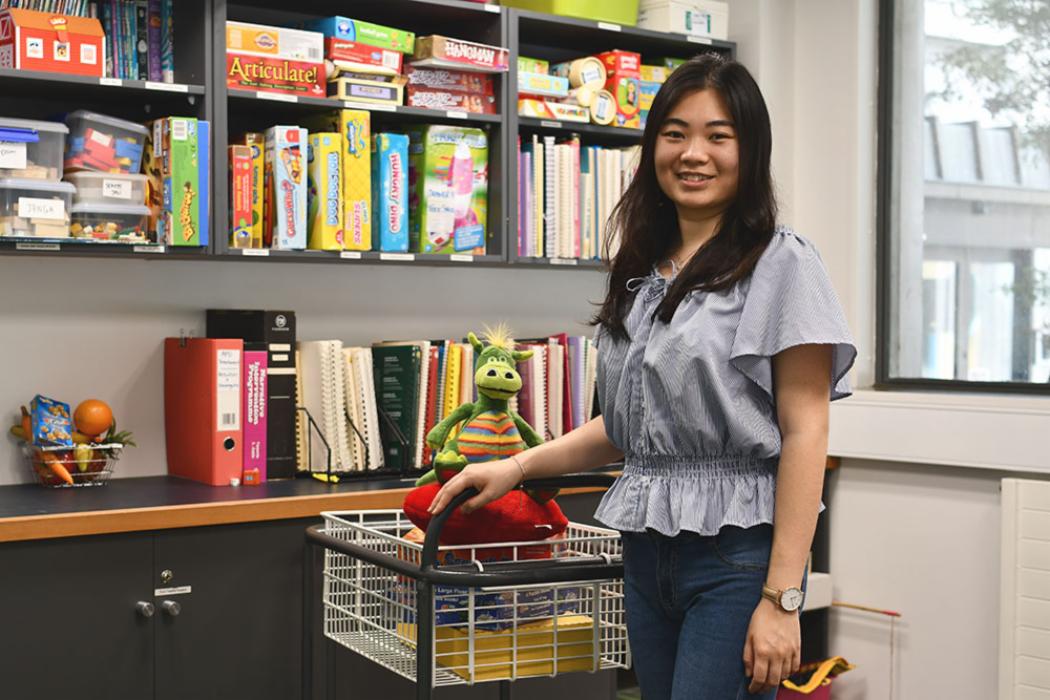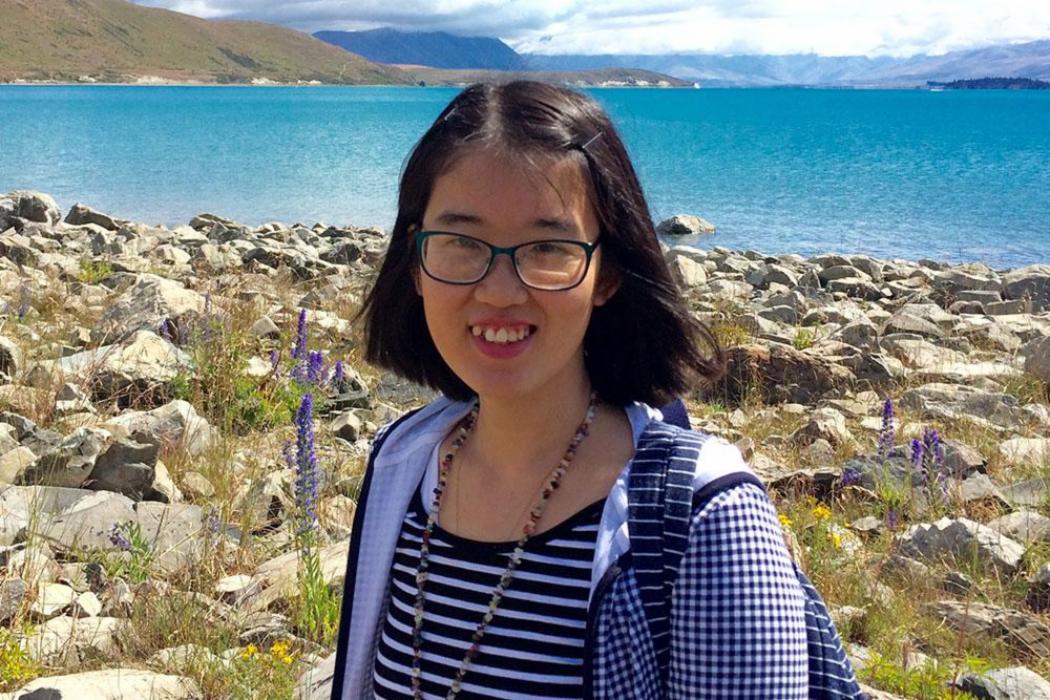PhD in Speech and language Sciences
Postdoctoral Fellow, Georgetown University Medical Centre, Washington DC, USA
Maryam’s Master of Arts study in Linguistics, at Ferdowsi University of Mashhad in Iran, allowed her to realise a passion for investigating speech-language disorders due to neurological diseases and normal ageing.
"Spending long hours at the neurology department at Ghaem Hospital during my Master’s studies and observing how brain lesions differentially affected stroke survivors made me increasingly interested in investigating the neural and cognitive correlates of of language processing, and the contributions of cognitive impairments to language difficulties," she says.
Maryam realised that she needed further specialised study in her newfound interest and travelled down to New Zealand through a joint scholarship from the New Zealand Institute of Language, Brain and Behaviour and Canterbury Medical Research Foundation to study a PhD at UC.
"My PhD degree in Communication Disorders enabled me to learn important technical and professional skills necessary for becoming an independent researcher from a great supervisory team," she says. "UC provides high-quality education and great academic and non-academic support for students. Postgraduate students can particularly benefit from the various workshops aimed at improving students’ statistical and research skills.
"The Department of Communication Disorders at UC consists of well-known academic staff and additionally UC-based research institutes such as the New Zealand Institute of Language, Brain and Behaviour provides valuable support for research students."
Maryam found Communication Disorders a good postgraduate link to her Master of Arts in Linguistics.
"I love the interdisciplinary nature of Communication Disorders. Research in this area requires collaborations between different scholars including linguists, speech-language therapists, psychologists and neuroscientists. Moreover, the clinical aspect of this subject makes me more satisfied with my studies as I can see how my research findings can be applied to developing habilitation and rehabilitation techniques to improve people’s communicative skills and thus their social lives.
"Last but not least, I enjoy the social aspect of my studies. A degree and research in Communication Disorders require contacts with different populations."
Maryam made the most of her networking skills during study and worked at the New Zealand Institute of Language, Brain and Behaviour as a research assistant.
Maryam found her adventuresome spirit key to settling into Kiwi culture.
"I believe that New Zealand is one of the best places for adventurous people like me. I have travelled to different countries around the world but none of them were as beautiful as New Zealand. Kiwis have always been kind, hospitable and supportive which made New Zealand my home away from home. I was extremely happy to have had the opportunity to live in Christchurch and experience the natural beauties of New Zealand.
"I also enjoyed the international environment at UC. There have always been a great number of international students on campus which makes UC a perfect place to learn about different cultures and make international friends. Apart from academic success, the student support team at UC cares about students’ lives and well-being. I have had the most memorable moments of my life during my three years of PhD studies in New Zealand."
After completing her PhD, Maryam sought a postdoctoral position to pursue training in neuroscience approaches related to the study of language and cognition. She later started working as a postdoctoral fellow in the Cognitive Recovery lab at Georgetown University Medical Centre in Washington D.C.
"I work at the Cognitive Recovery Lab where we study neural correlates of language and cognitive disorders following stroke," she says. "My long-term plan is to establish my own research lab and continue investigating the brain basis of language processing and the relationship between language and other cognitive abilities in stroke patients, using multimodal neuroimaging and neuromodulation approaches."
